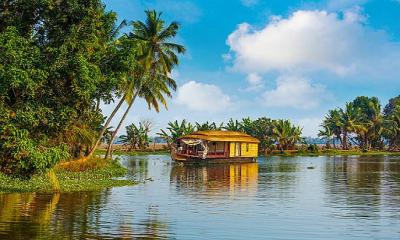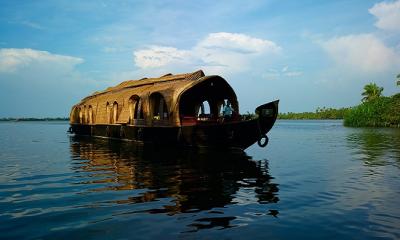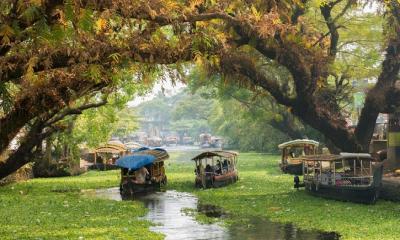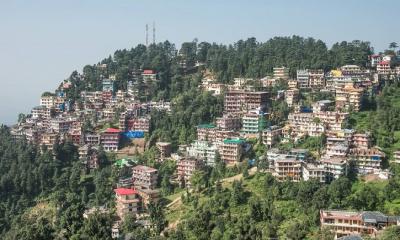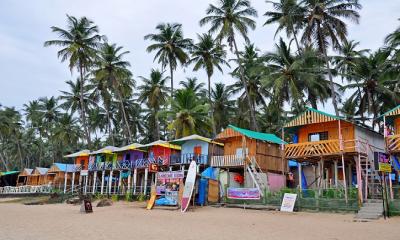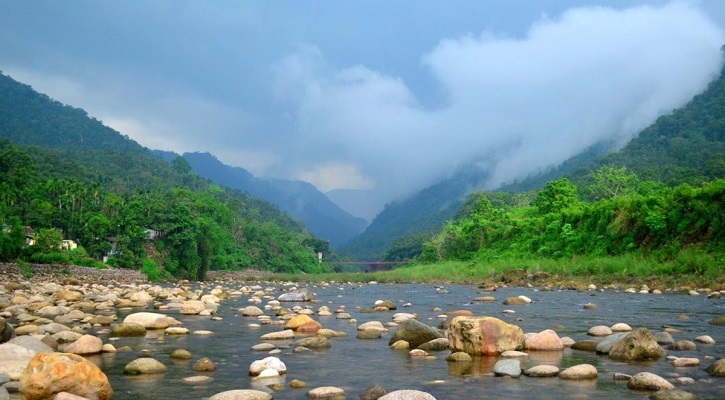
Sylhet
- Womenscorner Desk
- June 17, 2020
Sylhet, is a metropolitan city in northeastern Bangladesh. It is the administrative seat of Sylhet Division. The city is located on the right bank of the Surma River in northeastern Bengal. It has a subtropical climate and lush highland terrain. The city has a population of more than half a million. Sylhet is one of Bangladesh's most important spiritual and cultural centres. It is one of the most important cities of Bangladesh, after Dhaka and Chittagong due to its importance to the country's economy. Sylhet produces the highest amount of tea and gas in the country.
Sylhet is located at 24.8917°N 91.8833°E, in the north eastern region of Bangladesh within the Sylhet Division, within the Sylhet District and Sylhet Sadar Upazila. Sylhet has a typical Bangladesh tropical monsoon climate (Köppen Am) bordering on a humid subtropical climate (Cwa) at higher elevations. The rainy season from April to October is hot and humid with very heavy showers and thunderstorms almost every day, whilst the short dry season from November to February is very warm and fairly clear. Nearly 80% of the annual average rainfall of 4,200 millimetres (170 in) occurs between May and September.
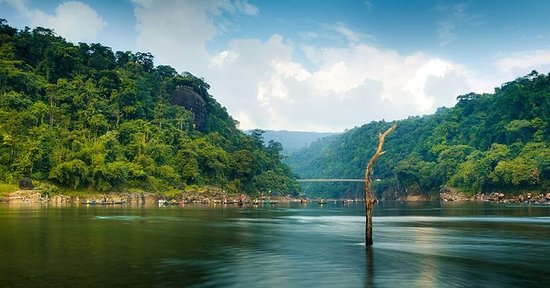
The city is located within the region where there are hills and basins which constitute one of the most distinctive regions in Bangladesh. The physiography of Sylhet consists mainly of hill soils, encompassing a few large depressions known locally as "beels" which can be mainly classified as oxbow lakes, caused by tectonic subsidence primarily during the earthquake of 1762.
Sylhet is strategically important for the Bangladesh Armed Forces. The Bangladesh Army's 17th Infantry Division is based at Jalalabad Cantonment in Sylhet.The cantonment is also home of the School of Infantry and Tactics (SI&T) and the 1st Para-commando Battalion, an elite commando unit of the Bangladesh Army.
Sylhet is also home to many hospitals that strategically provide healthcare to the community such as the Shahid Shamsuddin Hospital District Hospital,
Sylhet MAG Osmani Medical College, Jalalabad Ragib-Rabeya Medical College, North East Medical College, Sylhet Women's Medical College, Parkview Medical College, Ibn Sina Hospital Sylhet Ltd, Noorjahan Hospital (pvt) Ltd, Oasis Hospital, Mount Adora Hospital, Square Medical Service, Popular Medical Service, Medinova Medical Service, Labaid Ltd and the Mohanagar Hospital as well as world's leading five star hospital such as the Al Haramain Hospital.
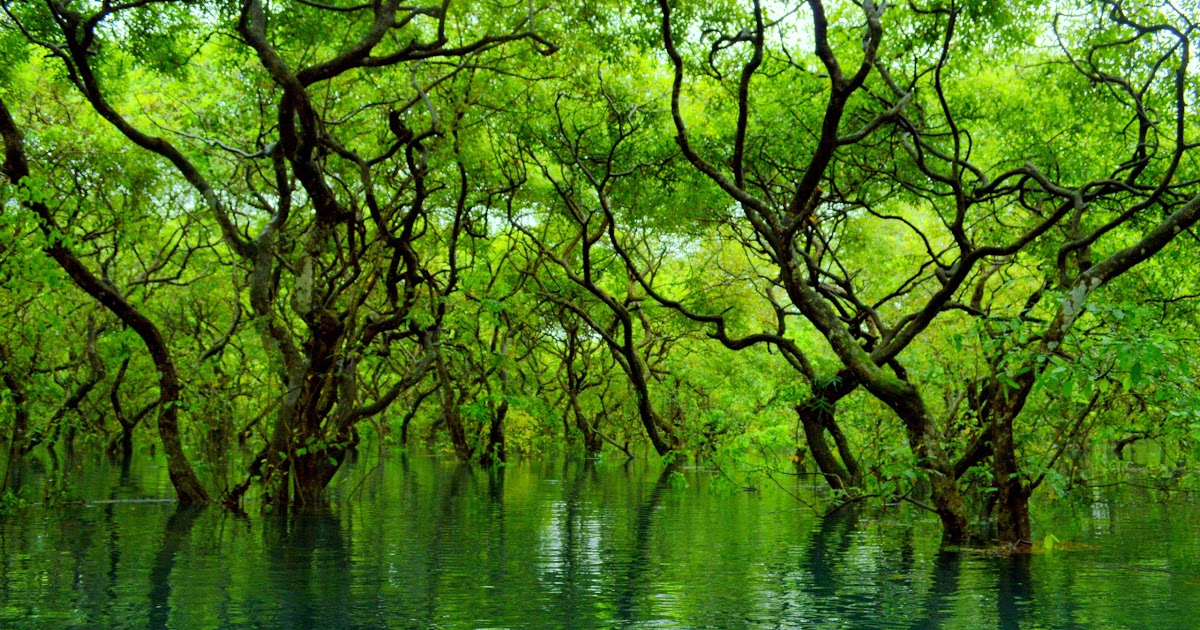
Recently a medical university called Sylhet Medical University has been established in the City. According to the Prime Minister's order to strictly monitor whether medical standards are being properly maintained in medical colleges, a medical university will be set up in each division. According to the order, Chittagong and Rajshahi Medical University have already been established. Sylhet Medical University is the 4th Medical University of the directive.
The Sylhet Metropolitan Area is one of Bangladesh's main business centers. Sylhet's economy is closely linked with the Bangladeshi diaspora, especially the British Bangladeshi community. The city receives a significant portion of the country's annual remittances, which have driven growth in real estate and construction.A number of shopping centers, restaurants and hotels have opened as a result. Sylhet also relies on religious tourism, with thousands of devotees visiting its Sufi shrines annually, as well as ecotourism in its broader natural hinterland. Nature resorts have been built in the city's outskirts. Several important Bangladeshi companies are based in Sylhet, including Jalalabad Gas Transmission and Distribution, Sylhet Gas Fields and Alim Industries. Biman Bangladesh Airlines operates several flights from Sylhet to the United Kingdom and the Middle East. Roads connect Sylhet with the Indian states of Meghalaya and Assam.
Sylhet's hinterland plays a vital role in the economy of Bangladesh. It is home to the country's largest natural gas fields, sole crude oil field, largest tea plantations, rubber, palm oil, cane, agarwood and citrus farms. Rice production in the region is one of the country's highest. Heavy industries include power plants, fertilizer plants, cement plants and liquefied petroleum gas plants. Other major industries in the region include ceramics, machinery and equipment, ready-made garments and pharmaceuticals. Most of the tea production in Bangladesh is based around Sylhet, and the industry also has significant exports. The area is also known for producing oranges and other similar fruits. One of these fruit is called "Satkara" which is a variety of grapefruit that can be used in pickles and even as an ingredient in traditional Sylheti curry dishes.
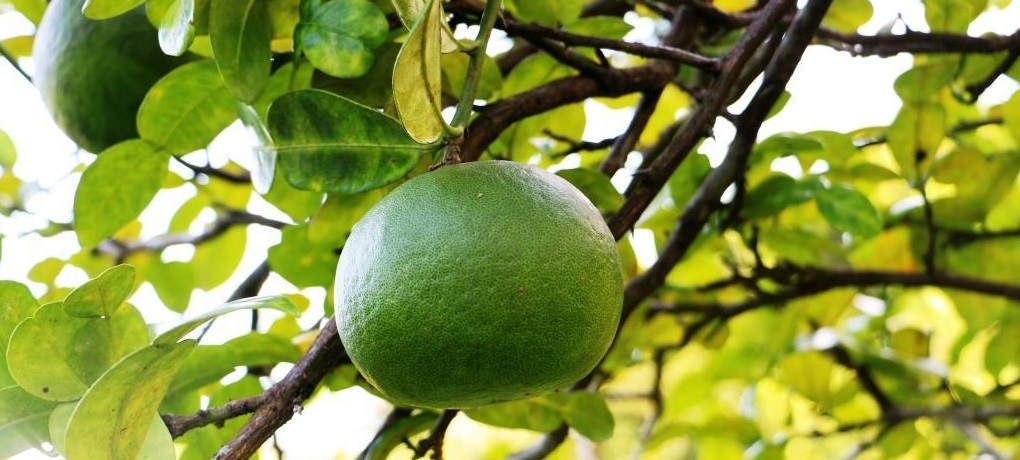
Sylhet has high rates of electric power shortage and water shortage. According to the Power Development Board, Sylhet is only receiving 50 MW, which is half if the required demand of 100 MW. The city corporation is also supplying only 22,500 gallons of water, far less than the demand of about 65,000. The major sources of water to the city is the tube wells and the Surma River. Tests of tube wells in Sylhet District by the Bangladesh University of Engineering and Technology in 1997 found that about 27.6% contained more arsenic than the acceptable limit set by Bangladesh of 50 micrograms per liter, and 49.2% contained more arsenic than the World Health Organization standard of 10 micrograms per liter. There are about 331 registered restaurants in the city, only 15% maintain sanitary facilities and 85% have unhygienic conditions that are unsafe for the public.
Sylhet is religiously very diverse, and is noted for peaceful co-existence, harmony, and mutual respect between its inhabitants of different faiths since ancient times. Sylhet has a distinct cultural and economic development, and linguistic differences (Greater Sylhet region was a part of Assam and Surma Valley State for much of the British Raj in comparison to the rest of Bangladesh), and given that Sylhet has, for most of its recent history, been a region of a larger entity.
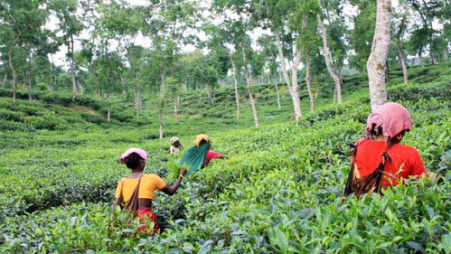
As so many Sylhetis are resident abroad, Sylhet has a major flow of foreign currency from non-resident Bangladeshis. The major holidays celebrated in Sylhet include traditional and religious celebrations. Cultural or nationalistic celebrations include the Language Movement Day, this is where wreaths are laid at the Shaheed Minar paying tribute to the martyrs, the Bangladeshi Independence Day, Victory Day celebrated with parades by school and academies, and the Pohela Baishakh—celebration of the Bengali New Year. Marriages are practised in a traditional Sylheti Muslim style, Sini faan ( Engagement circular reference]) with the Gaaye halud (haldi or turmeric ceremony), Mehndi (henna ceremony) Akht (Nikah or Muslim way of marriage), Bidaai (Rukhsati/baraat or the farewell of bride), walima (reception) holy prayers. The traditional dance of Sylhet is called Sylheti Dhamail.

